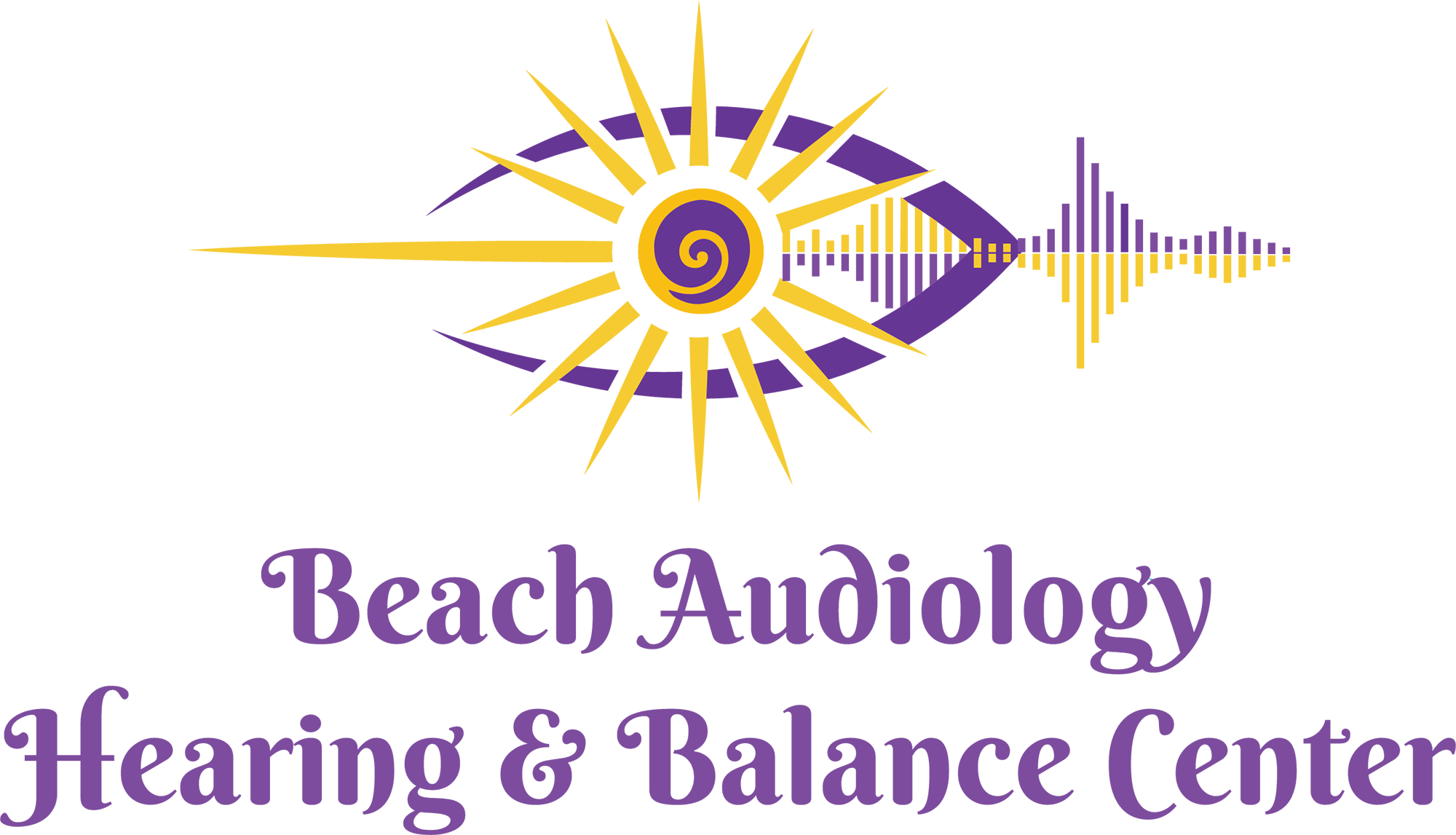Balance is not just a metaphor for a well-rounded life, it’s a literal cornerstone of our physical health. Balance testing can help you get to the bottom of any balance issues and help you stay steady on your feet. Here’s everything you need to know about balance evaluations.
Understanding the Vestibular System
At the root of our balance and spatial orientation lies the vestibular system, a system within the inner ear. This system works in with our eyes and musculoskeletal system to maintain balance, control movement, and orient ourselves within our environment. When this system doesn’t work properly, the effects can range from mild dizziness to severe balance disorders, affecting every aspect of daily life.
The Connection Between Hearing and Balance
The connection between hearing and balance might not be apparent at first glance. Both systems share the inner ear, and problems affecting hearing can also influence balance. This interconnection highlights the need to visit your hearing health professional, not only for hearing assessments but also for comprehensive balance evaluations. You should book a balance evaluation if you’ve experienced symptoms like unexplained dizziness, vertigo, or frequent falls.
What is a Comprehensive Balance Evaluation?
A comprehensive balance evaluation assesses the functionality of the vestibular system. It’s a series of tests designed to pinpoint the exact cause of balance issues, which can stem from a variety of conditions including inner ear disorders, vestibular neuronitis, or benign paroxysmal positional vertigo (BPPV), among others.
The Evaluation Process
Initial Consultation: The evaluation begins with a detailed conversation with your hearing health professional, who will inquire about your symptoms, medical history, and any incidents of falls, dizziness, or vertigo.
Physical Examination: A thorough examination follows, focusing on your eye movements, head movements, and walking patterns. These tests assess how your balance responds to changes in position or motion.
Diagnostic Tests: Advanced diagnostic tests may include Videonystagmography (VNG), Rotary Chair Testing, or Computerized Dynamic Posturography. These aim to measure your body’s response to various stimuli and identify areas of weakness in the balance system.
- Videonystagmography (VNG): Perhaps the most common test, VNG examines eye movements that correlate with inner ear function, highlighting any issues in the vestibular system.
- Rotary Chair Testing: This test provides critical information about the functionality of your inner ear and its ability to help maintain balance.
- Computerized Dynamic Posturography: This innovative approach assesses how well you maintain balance through simulated environments or scenarios, revealing how your sensory systems contribute to keeping you upright.
These tests are tailored to each individual’s symptoms and medical background, so you’ll get a complete picture of your balance issues.
Why Are Comprehensive Balance Evaluations Important?
For individuals experiencing balance disorders, these evaluations are the first step toward reclaiming stability. The evaluation provides a precise diagnosis, which is needed to create an effective treatment plan. This may involve physical therapy, vestibular rehabilitation, lifestyle adjustments, or in some cases, surgical interventions.
After the Evaluation
Post-evaluation, your hearing health professional will discuss the findings with you, crafting a personalized treatment plan. The goal is not just symptom management but enhancing your quality of life, reducing the risk of falls, and potentially improving other related conditions, such as anxiety or depression that can accompany balance disorders.
Common Treatments for Balance Disorders
Based on the evaluation’s outcomes, treatment may include:
- Vestibular Rehabilitation Therapy: A form of physical therapy focused on restoring vestibular health.
- Lifestyle Modifications: Changes in diet, exercise, and activities to support your balance.
- Medication: This can treat underlying conditions contributing to balance disorders.
- Surgical Options: In specific cases, physical interventions can correct a problem within the inner ear.
Who Should Consider a Comprehensive Balance Evaluation?
You may want to consider a balance evaluation if you:
- Experience frequent falls.
- Suffer from dizziness, vertigo, or loss of balance.
- Have a history of ear infections or hearing loss.
- Experience age-related balance decline.
Contact Us to Book a Balance Evaluation
Comprehensive balance evaluations can help you maintain physical health, and boost your independence and quality of life. If you or someone you know is struggling with balance, now is the time to reach out to a hearing health professional.
These evaluations provide clarity and a pathway to improvement. Remember, maintaining balance is all about ensuring a stable, healthy foundation for life. If you’re experiencing balance issues, don’t wait. Book a comprehensive balance evaluation and take the first step toward regaining your equilibrium.

